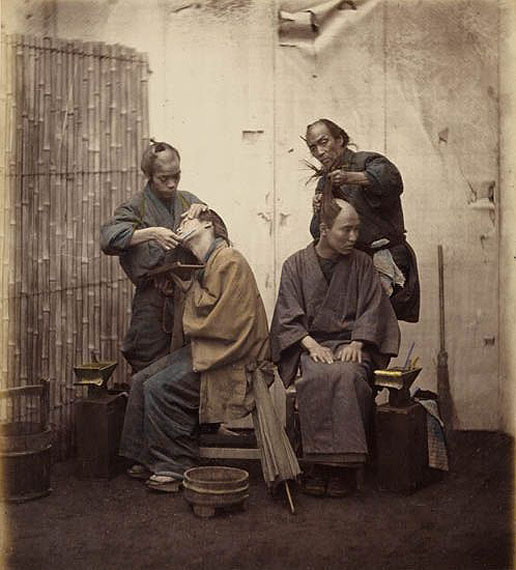
It’s no secret that many men struggle with depression and despair. This desperation has many factors, such as lacking a sense of purpose. The problem also isn’t new. History likes to move in rhyming cycles. Each era stands unique yet still follows a cyclical pattern that Romans called the saeculum. This includes the current troubles many man face.
One of the factors of men’s desperation–women feel desperation too, but as a heterosexual man I can only comment on that experience–is the lack of hardship. Modern life is a bit too easy and a bit too hard at the same time. Modern life doesn’t demand anything of men other than to show up for work everyday. As long as you add to the economy and don’t cause problems for society, society doesn’t demand much of you as a man. This lack of external guidance poses problems for many men. Finding your purpose stands as one of the hardest acts you can do. In the ancient world, society provided men with purpose: samurai and farmers were to serve their lord and families in their respective ways. In the near-modern world, a man serves his nation, his company, and continue his family line. While these purposes may not work for many men, they provide an external purpose for those who can’t find a purpose for themselves. The community’s religious backbone–whether we are talking Shinto, Christianity, Confucianism, Islam, or the spirit religions of the Native Americans–provide another sense of purpose beyond the material. Furthering the family, for example, tied you to your ancestors and to the land which your family sometimes owned and farmed for centuries.
Our modern age broke all of this. People are unmoored from their families, their land, their spiritual beliefs, their nation, and their communities. With none of these elements making demands or creating hardships for men, desperation sets in.
It is good for young people to experience a good share of hardships or misfortune. A person whose spirit collapses in the face of misfortune is of no use. –Yamamoto Tsunetomo
Some of these ancient external demands were designed to create hardships in the form of responsibilities that forced men to step outside their selves. The idea was to challenge men and so strengthen their spirits so they could defend their communities if need be and otherwise be stable pillars for society. The ancient external method of providing purpose for men isn’t something to idealize. It had dark elements. You were trapped in whatever role society assigned to you at birth. If you father was a miller, you were to die as a miller too. However, modern freedom can also be corrosive for those who need external demands and a community-defined sense of purpose. Many desperate men fall into this category. They need to be given a role in order to thrive. There’s no structure that supports or encourages community-defined purposes like in the ancient world. Modern society fails to provide respected and secure roles.
People should be employed in roles where you can see they’re suited. If the curved are made into wheels while the straight are made into axles, there will be no useless people. –Shiba Yoshimasa
Many men crave to be inserted into a role that suits them, but modern education does a poor job of doing this. Free markets also discourage many roles because they fail to generate maximized profit. A small-farm is rarely self-sustainable, for example. There’s no system for placing men into professions that suit their skills and aptitudes. Sure, schools can funnel men into the trades or into college, but there’s no certainty of work as in the past. Of course, this is also good: sons aren’t forced to do the same job as their fathers and grandfathers. Yet, there’s a wide space between this and the “find it out yourself” men deal with. Some people need to be put on rails in order to thrive.

Many men are also desperate because the outward world doesn’t value many male traits. Boys naturally struggle to sit still. They learn by doing, yet schools are structured opposite what many boys need to learn well. Hyperactive disorders and attention deficit disorders, when you look at them across the span of history, become a modern problem created because of our sit-down-and-study education system (which some men, like me, thrive within) fails to direct such boyish energy. Consider how the Greeks would teach boys martial skills and philosophy and rhetoric in a more competitive, active way with sparring and debates and questions and heavy demands. Samurai, too, learned in a similar manner. Modern education’s methods assails a man’s natural heart.
Assailed day after day, can the heart retain its goodness? –Mencius
Mencius’s quote suggests we shouldn’t be surprised that so many men and boys feel despair. The heart can only be assaulted so many times and in so many ways before it despairs. The Men’s Rights Movement, as sometimes wrongheaded as it is, recognizes how many men feel ostracized for their nature. Society doesn’t see their strengths as strengthens, such as how boys struggle to sit still in class.
Men shouldn’t only seek external guidance and recognition. However, only after running on societal-defined rails for a time can some people reach the mindset to direct themselves. After they reach a certain level of experience and recognition can they move toward the internal world. As Mencius again points out:
The desire for honors is common among the hearts of men. And all men possess something honorable within themselves, but they simply do not think of it. The honor which men grant is not true honor. –Mencius
Stopping at external honors will, ultimately, feel hollow. Once you see what’s honorable within yourself do you reach true honor and true recognition. The paradox: most people have to look without before they can see what’s within. Society, ideally, would be structured to encourage this process, pointing toward the internal honor through its external roles and honors. Through the community, people can realize their inner potential. Not always, of course. Not all men need this sort of external guidance and honors to see their internal locus of control and internal honor. Think of this as a spectrum between extremes. On one side zero guidance, which the modern West leans near. On the other end is total assignment of roles. Between these sit areas where people can fall based on their individual needs. Men need this flexibility based on their individual temperaments in order to avoid the problem of desperation.
Society focuses on the external aspects of men’s desperation: obesity, alcohol, drug-abuse, misogyny, ADHD, and so on. While we’ve established society does little to set this right, personal responsibility remains a factor.
If you want to rectify your appearance, you have to correct and clarify what you think inside. –Yamaga Soko
Actions begin with thoughts, realized or not. You can’t count on society changing to support the needs of men any time soon. Societal change takes decades and even generations. You can, however, change your internal state. You can look to the past for the external guidance you need to correct and clarify your thoughts and your place in the world. The demise of spirituality has contributed to the desperation of men. Spiritual paths–whether Christianity, Islam, Shinto, Bushido–aim at correction and clarifying your role in the world. The trick is learning how to apply this so you can order your mind and then take up your role in your community. Men need to feel valued and have a purpose which spiritual paths can provide. Spiritual paths demand much of their practitioners, and that demand can appeal to men. For example, Christianity, if you really read what it teaches, is a masculine tradition. It demands supreme inner discipline yet provides freedom for failure as you work to improve that inner discipline. You act to serve others. However, you can also find similar discipline through other means, such as Stoicism and Bushido. When you order your mind, you shift your internal world. The external sits outside your control, but your inner shift can nudge the external world. Becoming a better man chips a stone away from the mountain.
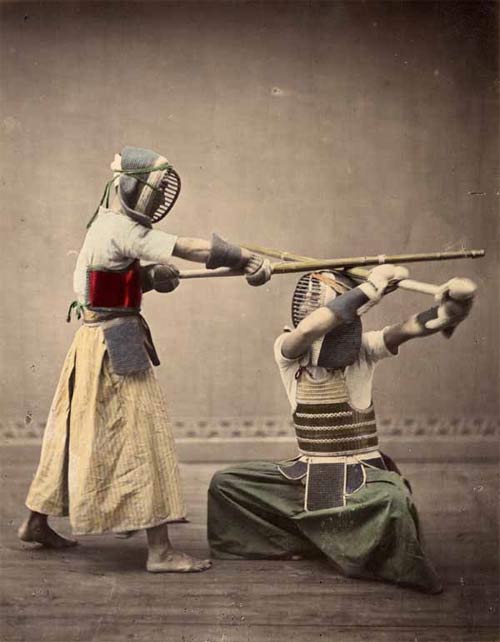
For men to overcome desperation, they need purpose, place, and paths. Not everyone can cut their own way nor study on their own. However, modern life provides little guidance, and the collapse of spirituality has eroded the last bastion of external guidance that helps men. So now men have no choice but to find what external guidance they can so they can turn within. The problem is how men look toward entertainment and contemporary messages for this guidance. Yes, anime too falls into this category. Instead, seek guidance from the past; read the ancients and study history. Adapt and adopt the rails of the ancient world so that you can learn your own inner honors.
Data about Despair
White American men have been suffering from “deaths of despair” for many years now. Men are struggling with education, reading rates (being well read was once the signal of masculinity), and other marks.Men don’t complete college or high school at the same rates as women and are checking out from life. Men aren’t the only ones who suffer from higher rates of despair of course.
If you want to read more here are a few sources:
Bower, Bruce (2020) “Deaths of despair” are rising. It’s time to define despair. Science News. https://www.sciencenews.org/article/deaths-of-despair-depression-mental-health-covid-19-pandemic
Burke, Alison (2017) Working class white Americans are now dying in middle age at faster rates than minority groups. Brookings. https://www.brookings.edu/articles/working-class-white-americans-are-now-dying-in-middle-age-at-faster-rates-than-minority-groups/
Reeves, Richard, Smith Ember (2021) The male college crisis is not just in enrollment, but completion. Brookings. https://www.brookings.edu/articles/the-male-college-crisis-is-not-just-in-enrollment-but-completion/
U.S. Men die nearly six years before women, as life expectancy gap widens. Harvard School of Public Health. https://www.hsph.harvard.edu/news/press-releases/u-s-men-die-nearly-six-years-before-women-as-life-expectancy-gap-widens/
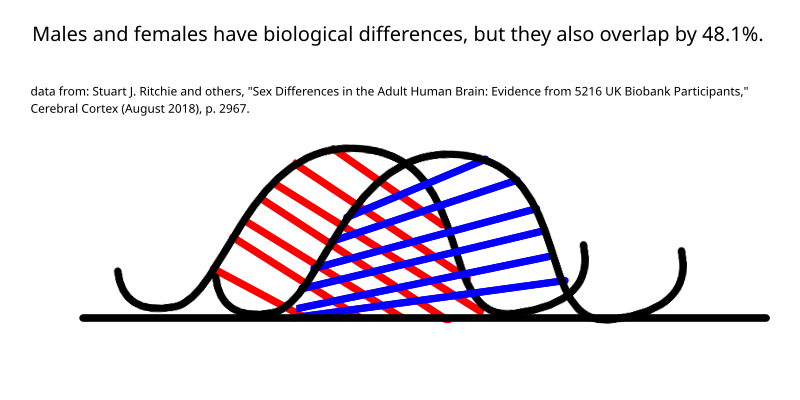
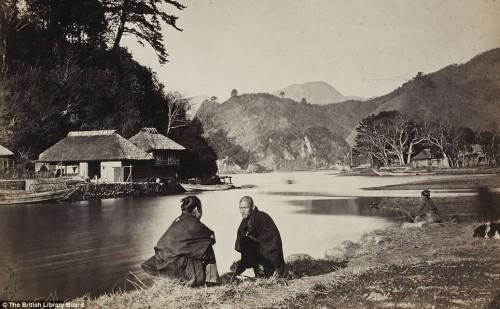
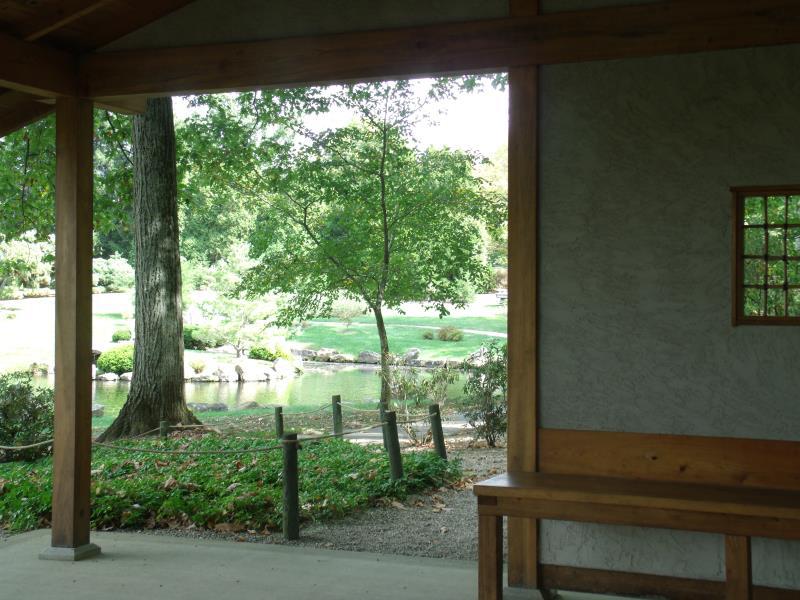
![Men Going Their Own Way [MGTOW]: The Good And the Sad Oreimo Kyosuke](https://www.japanpowered.com/media/images/Oreimo-Kyosuke.jpg)
In “Saeculum”, I was arguing for much the same, and from a personal perspective of little faith. Developing self-discipline can help; though, it’s merely a tool that has to be productively applied. In that context, it strikes me that American society in general sorely lacks any meaningful rights-of-passage. Self-confidence and competency are generally good things. But every time I hear a cringe-worthy, “Proud alpha male,” I just want to thank them for warning me that they never learned about sharing the toilet seat.
I can’t speak authoritatively to the male perspective. But as you allude, many women feel the same sense of worthlessness and despair. And it’s not a strictly “American” phenomenon either. I think it’s merely that in a materialist society which promotes competitive insecurity while being saturated with firearms, it just tends to be more blatantly apparent among males. Add in the slow deaths provided by drugs and alcohol, isolation and anorexia, and self-destructive subcultures, and our “modern” society clearly hasn’t made it any easier to belong. The fact is, humans are cheap commodities. So, we need some other measure for defining “value” in our lives. My more objectively dark take can be found in “Work”.
Joseph Campbell and other writers argue the need to reintroduce rites of passage to modern life. High school, I suppose, still functions as one, but as remote learning and home-schooling become more common, even this rite has broken down. High school graduation doesn’t mark adulthood as it once had. Now, it just marks the next step in education or training. Rites of passage, however, require a less fractured culture to retain their meaning. Society has to uphold its end of the social contract: ensuring a role, support, and space for the individual.
Why do you think society hasn’t adopted the ancient world’s lessons about human thriving?
High school… ironic. My “graduation ceremony” was to steal my locker door and throw my French textbook over a hillside on the way home. I never even went back to pick up my diploma for the journey… heroic, or otherwise.
The economist/sociologist, Thorstein Veblen, had much to say about your query (much through examples from samurai culture). Capitalism (with a capital “C”) glorifies economic wealth. Its symbols are consequently the material manifestations of “conspicuous consumption”… the human equivalent of peacock feathers. We’re taught to judge ourselves, and others, by the most superficial aspect of sexual selection, the accumulation of attractive objects. Our rites-of-passage are the acquisition of things… fashion, a nice car, a big house, and a likewise ornamented partner. Whether or not one develops any substance beneath the facade is purely incidental.
I didn’t look on my graduation as a rite of passage either. It was something I just had to get through. It’s hard to do the usual sentimental speech when you are just glad to move on and when you had to be at work the next day!
Capitalism is rather hollow. It doesn’t have to be, but then it offers the easiest path. Visible wealth is easier to show off than inner wealth, and as a species we seek the easy path.